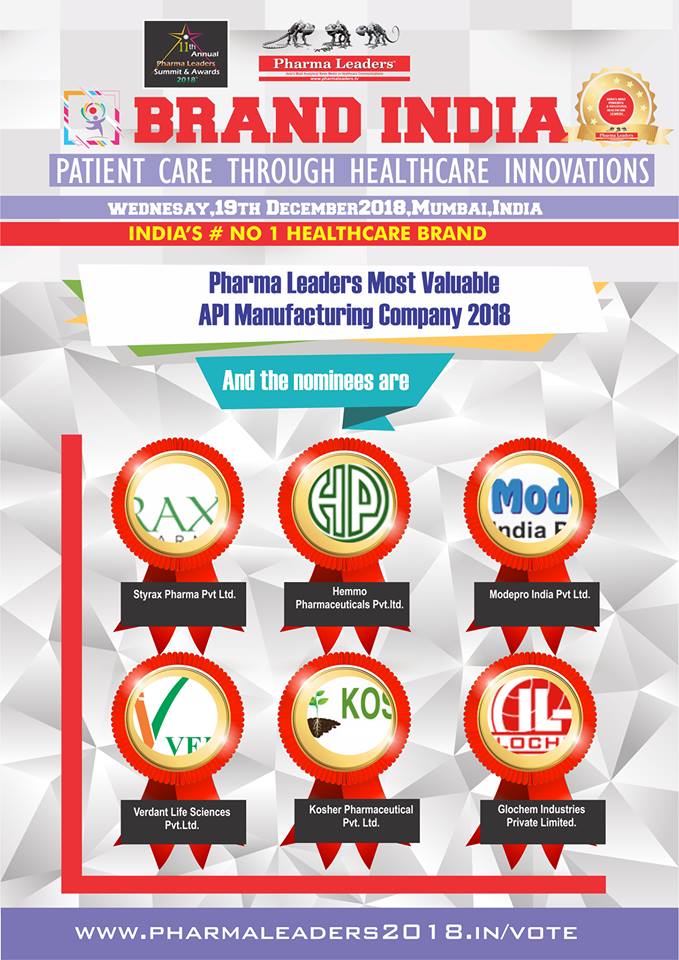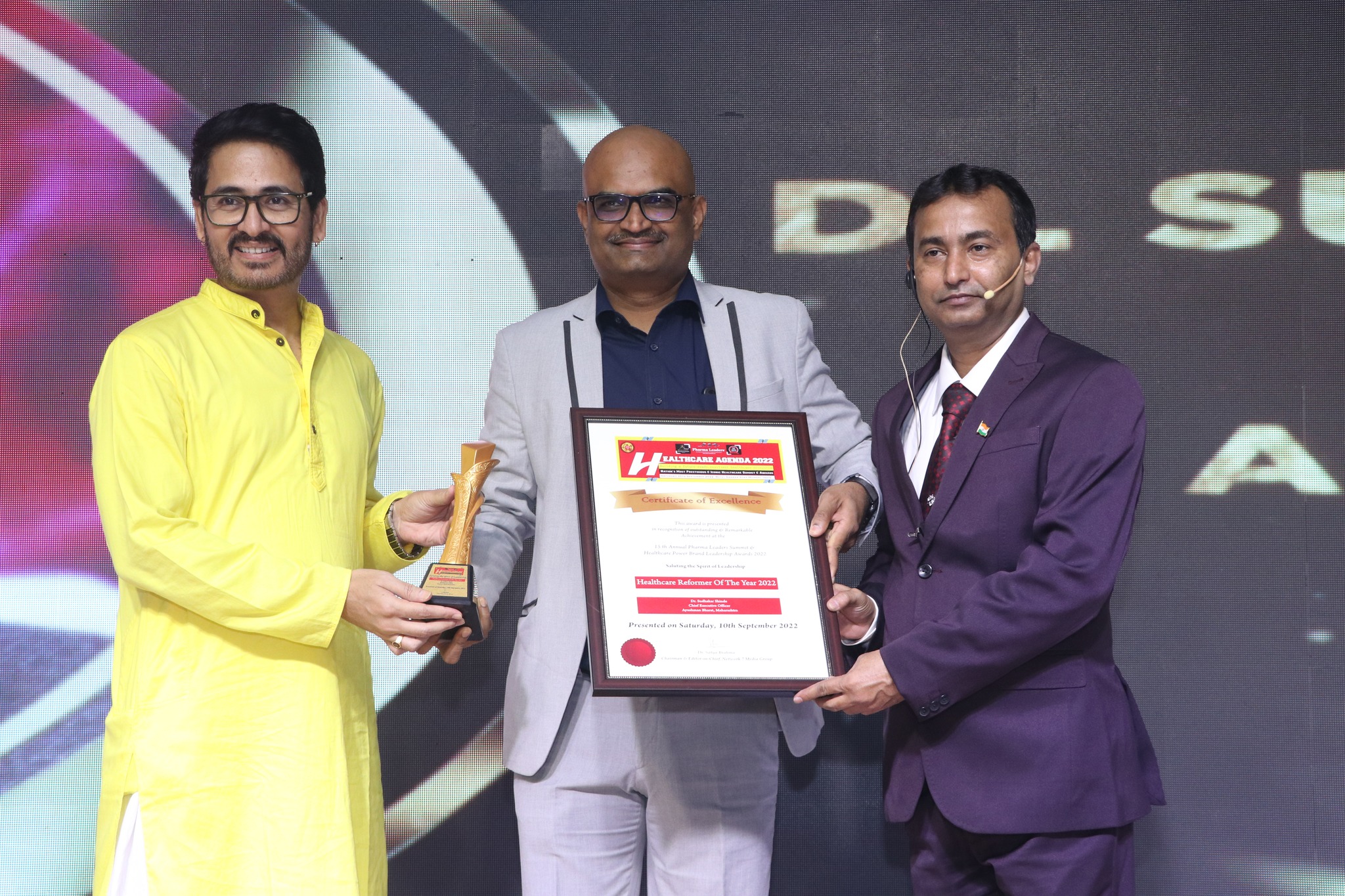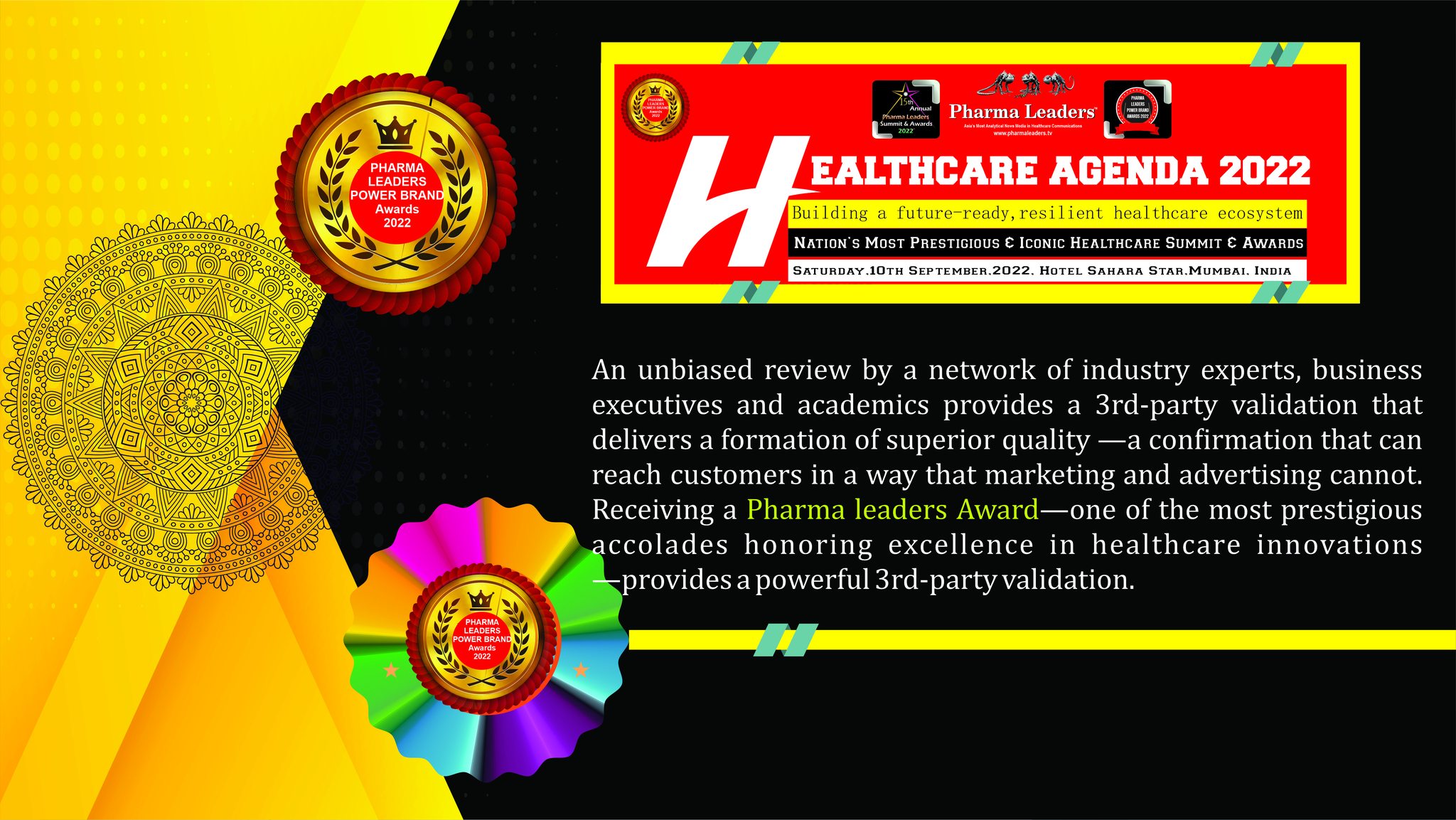Styrax Pharma, Hemmo Pharmaceuticals, Modepro India, Verdant Life Sciences, Kosher Pharmaceutical, Glochem Industries are in the final six contenders for the coveted Pharma Leaders Most Valuable API Manufacturing Company 2018
Pharma Leaders Most Valuable API Manufacturing Company 2018 Nominees
1. Styrax Pharma Pvt Ltd.
2. Hemmo Pharmaceuticals Pvt.ltd.
3. Modepro India Pvt Ltd.
4. Verdant Life Sciences Pvt.Ltd
5. Kosher Pharmaceutical Pvt. Ltd.
6. Glochem Industries Private Limited.
The government is working on a road map to increase production of bulk drugs in the country with a view to reduce import dependence of the raw materials for pharma sector from China, a commerce ministry report said.Over-dependence of Indian pharma industry on imported raw materials from China to meet the growing requirements of drug formulations is a cause of concern for the industry and policy makers, it added.About 75 per cent of the active pharmaceutical ingredients (APIs) used in the formulations of National List of Essential Medicines are sourced from China.
In 2017, India imported APIs worth $ 2.5 billion from the neighbouring country. In a bid to reduce India’s dependence on China for APIs, the chemicals and fertiliser ministry has joined hands with other ministries to draw a road map for increasing their production in the country. This initiative of the government will go a long way in supporting the domestic industry with necessary emphasis on strengthening and expanding production,” the report ‘Sino-Indian Trade – A perspective’ – said.
The report has mainly focussed on reasons for increasing trade deficit of India with China, which has touched $ 63 billion in 2017-18 and ways to reduce this gap.It has also suggested that there is a need to design and implement narrowly targeted industrial policy, focussing on strategic and infant industries as a pro-active response to China’s strategic industrial policy.“There is a need to thoroughly screen and, where necessary, prohibit foreign takeovers especially in critical sectors like pharma, engineering and software companies, on national considerations,” the report said.
Further, it stated that the ongoing retaliatory tariffs provide a window of opportunity for enhancing India’s exports to China.The US has hiked duties on several products being imported from China.
The major items, being exported from India, include copper and its cathodes, petroleum products, iron ore, textiles, castor oil, steel, polyethylene, diamonds and human hair.Most of India’s exports to China has been of primary goods and raw materials, while imports have been mainly intermediate and finished goods.However, it added that too many barriers to Chinese imports will often harm Indian consumers through higher prices for final goods.In addition, it said, Indian manufacturers may end up paying more for intermediate goods, which would reduce the competitiveness of their final goods in the US and other overseas markets.India was a major producer and exporter of APIs until the early 1990s, after which the domestic pharma industry was encouraged to focus on the high-value finished products rather than on relatively low-value APIs. Currently, over 60% of APIs are sourced from other nations; for some specific APIs, the dependence is over 80-90%, according to the department of pharmaceuticals.
The Challenge
India continues to rely on imports of key starting materials, intermediates and APIs from China, with the share of dependence increasing over time. This potentially exposes us to raw material supply disruptions and pricing volatility. India’s API manufacturing industry is 3rd largest in world in terms of volume . India’s API production has doubled in the last couple of years in generic sector. API market in India is currently highly fragmented but is expected to become consolidated in the coming years due to increasing Competition. Inspite of this in the innovation segment, a major portion of the manufacturing process is still controlled by big pharma and the role of Contract Manufacturing Organizations is still limited. Apart from this there are several other challenges faced by the industry. The upcoming challenges for the API Industry in India are as follows:
1. Pricing
2. Remaining & Retaining Declining Markets
3. Transparency in supply chain
4. Regulatory issues
Pharma Leaders Awards also known as Pharmaleaders Power Brand recognizes Asia’s top health-care industry leaders, innovators, and companies. This awards-recognition event has been honoring those individuals and/or organizations since 1999 who have a significant impact on the quality of health care and services in our communities. An independent group of judges use a point system to assign values in all different leadership categories. Winners are selected based on the highest total scores from the Pharmaleaders/Network 7 Media Group judges. Pharma Leaders Awards and the judges reserve the right to present multiple or no awards in any category. This distinctive award honors healthcare organizations that demonstrate excellence in overall leadership & management in adopting best practice solutions in Healthcare Innovations! .Pharma Leaders Awards recognize the value of innovation & excellence in healthcare leadership and strives to reward campaigns which have an edge by being unique, instinctive, and authentic. Network 7 Media Group Advisory Board is represented by prominent health care professionals whose respected reputations and knowledge of the industry continually generates prominence for the competition, while expanding the international reach of the Pharma Leaders Awards also known as Pharmaleaders power brands.



